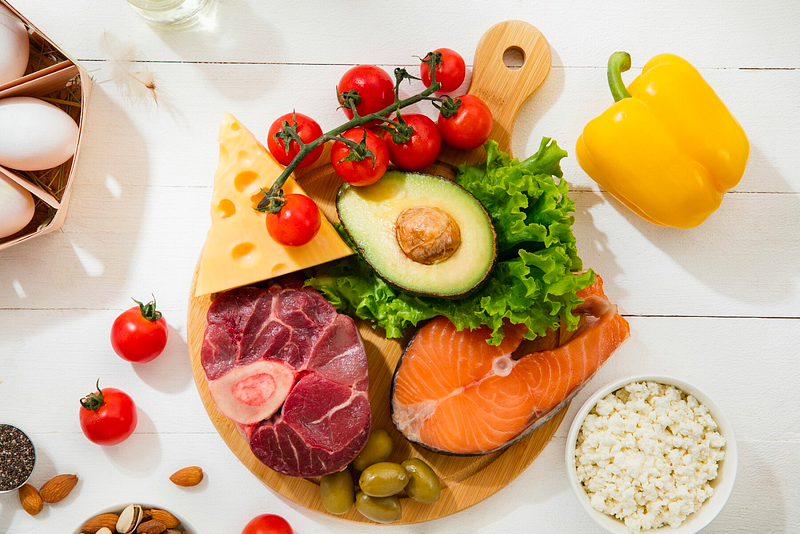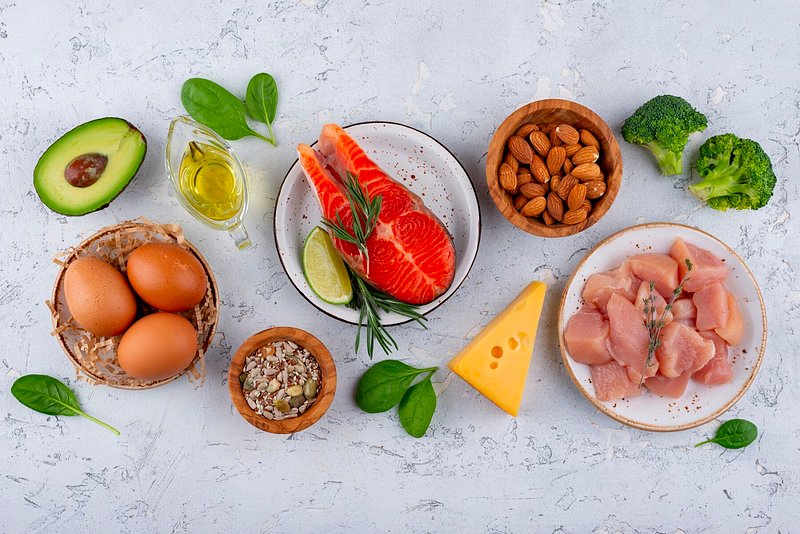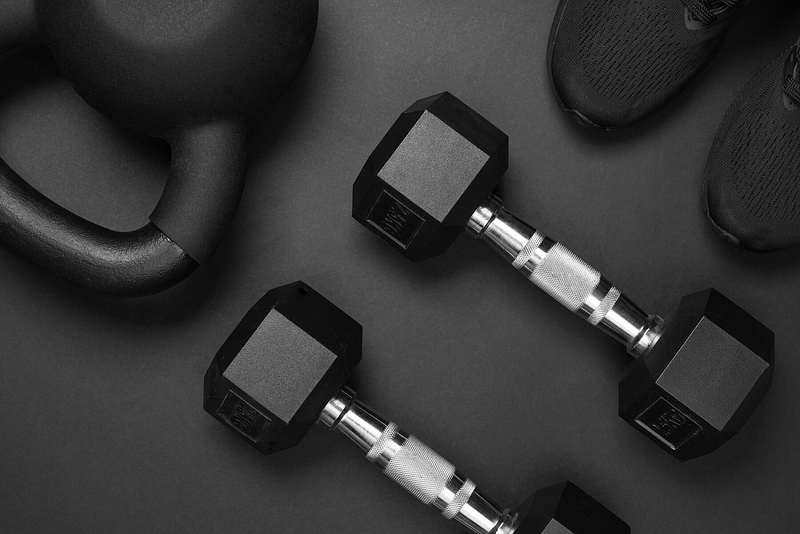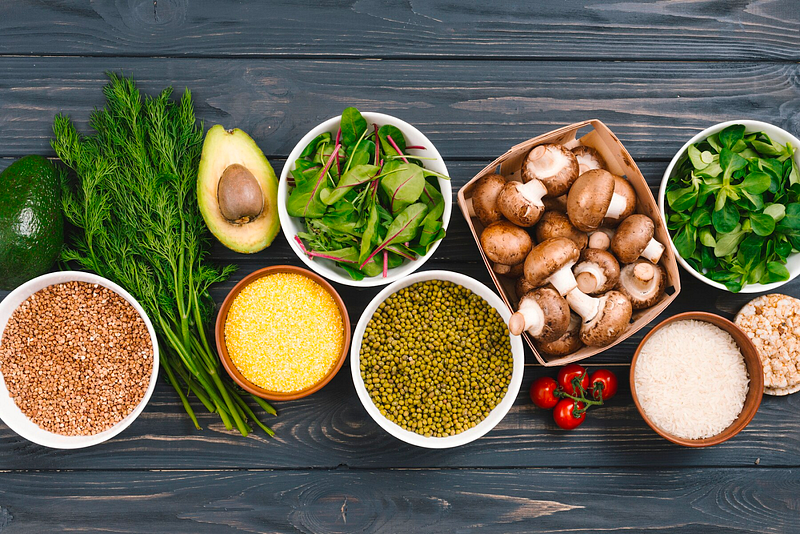In the intricate tapestry of our bodies, trillions of cells work harmoniously to sustain life.
Every cell is a bustling hub of activity that requires specific building blocks to thrive and maintain optimal health.
At the heart of this are amino acids, the unsung heroes responsible for crafting the proteins that make our bodies resilient and vibrant.
Why is protein important to your health? This blog will answer that question.

Understanding Amino Acids and Their Role
Why are essential proteins so important to a healthy diet? Why are some proteins considered essential?
Our bodies are a marvel, composed of countless cells, each with unique needs for sustaining life.
Enter amino acids, the fundamental building blocks of protein that play a pivotal role in the synthesis of proteins, hormones, neurotransmitters, and the repair of bodily tissues.
In a captivating breakdown of the essential components of life, this blog post aims to unravel the significance of amino acids and their contribution to our overall well-being.

Categories of Amino Acids:
Amino acids fall into three main categories: essential, non-essential, and conditional.
What are the benefits of essential proteins? How are essential amino acids related to protein?
There are nine essential amino acids, and they are the critical components that our bodies cannot produce independently, which means they need to be gotten through food.
On the other hand, the 11 non-essential amino acids can be synthesized within the body.
The third category, conditional amino acids, encompasses eight overlapping amino acids that the body can usually produce, but under stress or illness, external sources become crucial.

Amino Acids and Muscle Development
The impact of amino acids on our bodies extends far beyond mere sustenance.
For those engaged in physical activities, particularly weightlifting, the significance of amino acids in muscle development cannot be overstated.
When we engage in strenuous exercise, our muscles undergo micro-tears, and amino acids step in to rebuild and fortify these tissues.
This process is the key to not only muscle repair but also the growth of lean muscle mass.

Complete vs. Incomplete Proteins
Delving into the world of proteins, it becomes evident that not all are created equal.
There are two primary categories: complete and incomplete proteins.
What are sources of protein?
Complete proteins, found predominantly in animal-based foods such as meat, dairy, and eggs, contain all twenty amino acids, including the essential ones.
In contrast, incomplete proteins, sourced from foods like legumes, seeds, nuts, and vegetables, lack certain essential amino acids.
Understanding the distinction between these protein types is vital, as it guides our dietary choices.
While complete proteins offer a comprehensive amino acid profile, incomplete proteins can be strategically combined to form a complete set, providing a more plant-centric alternative for those following vegetarian or vegan lifestyles.

Clean Sources of Protein for Optimal Health
In the pursuit of a health-conscious lifestyle, the source of our protein becomes paramount.
Clean, high-quality protein ensures that we not only meet our amino acid requirements but also avoid potential harmful additives.
When opting for animal-based proteins, choosing meat, dairy, and eggs from sources that prioritize ethical practices, such as being hormone-free and grass-fed, is crucial.
A potential alternative to this is collagen, a protein known for its role in maintaining skin elasticity and joint health.
While not a complete protein, collagen provides an impressive 19 out of 20 amino acids, making it a cleaner source devoid of lactose and potential contaminants found in some dairy products.
Vegetarian Protein Sources
For those who embrace a vegetarian lifestyle, the search for complete proteins takes a different route.
Peas, soy, quinoa, buckwheat, and algae emerge as superheroes in the plant-based protein world, offering all essential amino acids.
It’s important to always look for low-carbohydrate options that are free from genetically modified organisms, particularly in the case of soy.

Recommended Protein Intake and Meal Planning
The guidelines for protein intake suggest that adults should aim for approximately half a gram of protein per lean pound of body weight each day.
This equates to a range of 20 to 30 grams of protein per meal, distributed across three meals.
It’s important to not overtax the kidneys with excessive protein intake.You want to strike a balance between meeting nutritional needs and avoiding unnecessary strain on bodily functions.
Conclusion
In the complex systems of the body, amino acids emerge as the unsung heroes that build proteins and fuel our cellular processes.
From muscle development to immune system support, amino acids are essential players in our journey towards optimal health.
Whether sourced from animal-based or plant-based proteins, the key lies in making informed choices that align with our health goals.
As we navigate the vast landscape of nutritional choices, let us not underestimate the power of amino acids and the proteins they make up.
By understanding the nuances of complete and incomplete proteins, embracing clean protein sources, and tailoring our dietary choices to our unique needs, we unlock the door to a healthier, more resilient future.













